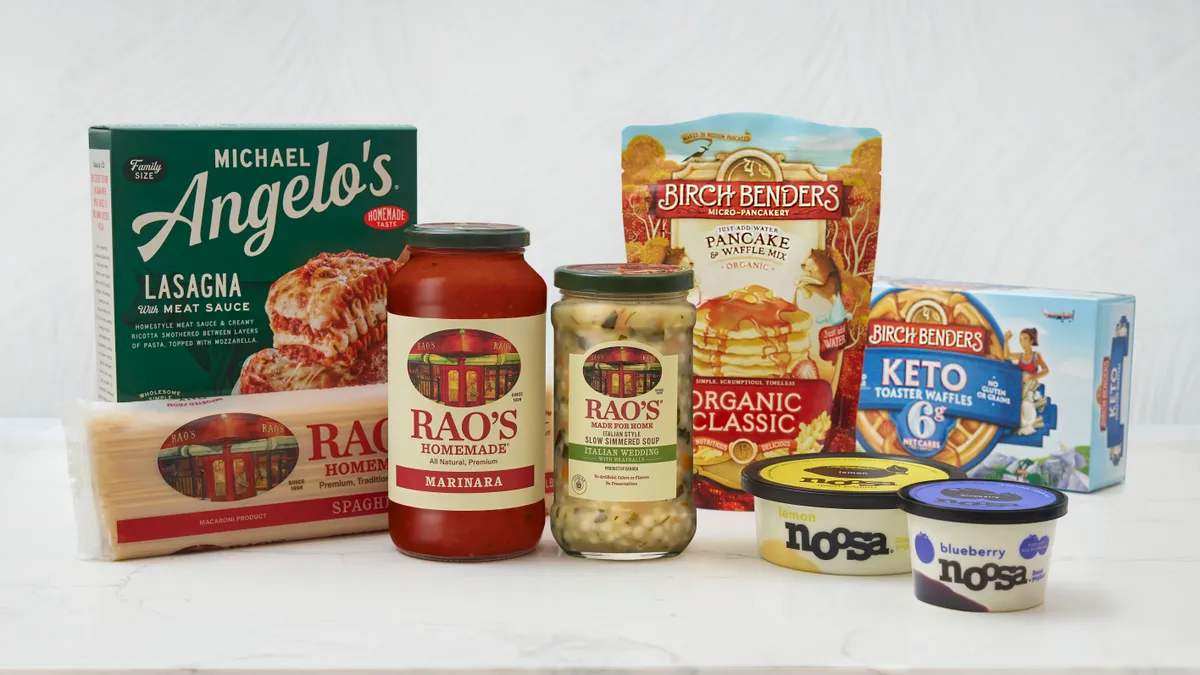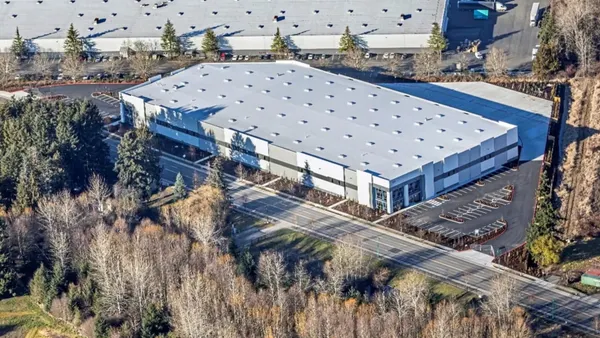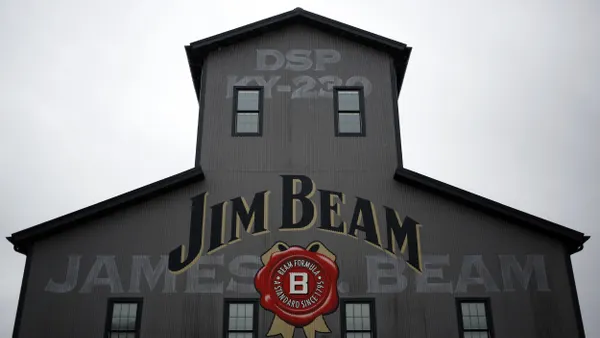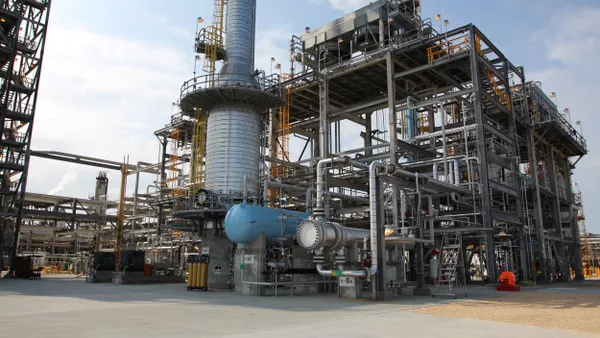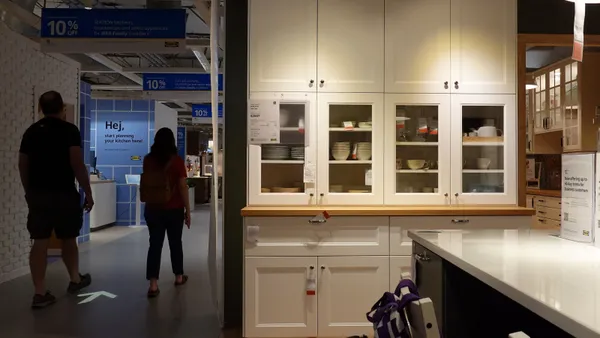Dive Brief:
- Sovos Brands is using airfreight and expedited drayage to overcome port congestion and mitigate the impact of packaging constraints, executives said during a Q1 earnings call.
- Sovos, the owner of brands including Rao's pasta sauce and Noosa Yoghurt, expedited drayage in a bid to grow overall volumes and get as much product as possible "off the boat," CFO Chris Hall said in the call. The company incurred more in demurrage and drayage costs as a result.
- Packaging constraints also pushed the company to airfreight in materials. Sovos is seeing "intermittent outages on certain packaging materials, such as trays, foil and lids," President and CEO Todd Lachman said on the May 4 call.
Dive Insight:
Congestion and raw material constraints have Sovos taking greater control over its supply chain. Beyond relying more on airfreight --which has become a common method for shippers to ensure goods are delivered faster — the company is also establishing more manufacturing in the U.S. to avoid potential shipping disruptions.
Sovos is domesticating production of Rao's sauce with a plant in Alma, Georgia, that's a "mirror facility to what we have in Italy," Lachman said in a March earnings call. The facility, now operational, will serve as a key supplier of Rao's sauce and reduce the company's exposure to higher import costs.
"An advantage again of having the Alma plant up and running is we've been much more selective on the rates we pay whether to expedite shipments or not," Hall said. "We won't need to as much as we may have had to in the past because we'll have that local production."
Sovos is also moving waffle production from Belgium to the U.S. in the second half of 2022 to "provide meaningful long-term savings as well as greater control over the supply and quality of our product," Lachman said during the Q1 call.
Even as Sovos works to wield greater control over its supply chain, the company is still contending with a lack of raw materials and hiccups within its domestic supply chain. A March tornado damaged an Austin, Texas, facility owned by the company's primary dry pasta supplier. And the Noosa brand faced "increasingly frequent" disruptions in the supply of packaging materials including lids, foils, pouches and trays, according to Lachman.
Sovos estimates it lost $3 million to $5 million in Q1 sales. The company has already raised prices on two-thirds of its portfolio, and plans to increase prices across the remainder of its brands by the end of Q2.
"We will work tirelessly to ensure supply and protect our profitability in this ever-involving, highly inflationary environment," said Lachman.



